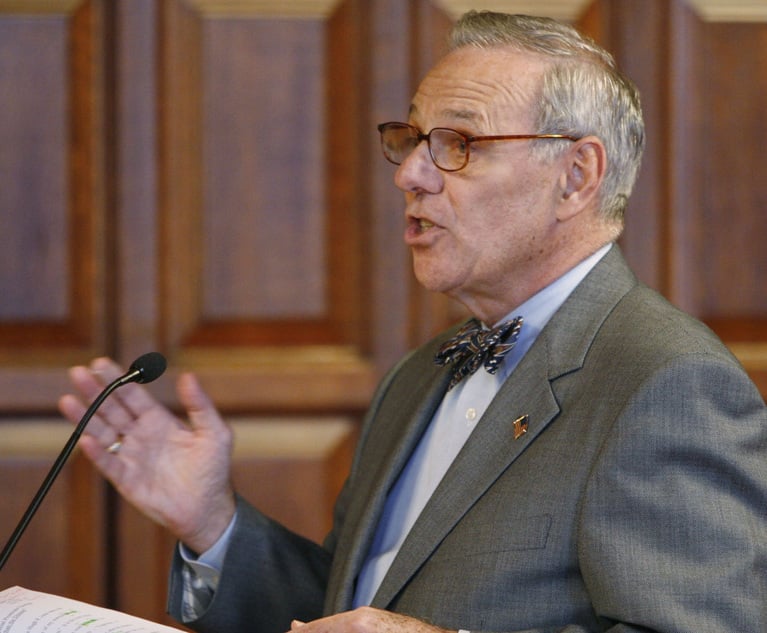Over the last few weeks public discussion has focused on how an antibody test for COVID-19 could provide a way to reopen the country while keeping the public safe. In addition to determining both the prevalence and lethality of COVID-19, antibody tests could potentially determine which employees are immune to the disease and therefore can safely return to the workplace. Employees without immunity to COVID-19 are not only at risk of becoming ill themselves but could act as vectors, furthering community spread. Chile has issued the world’s first “immunity passport”—or official certificate of immunity—and countries including Germany and Britain have discussed doing the same. New York state recently completed antibody tests determining that approximately 14% of people in New York state and 20% of people in NYC tested positive. However, uncertainty remains regarding the accuracy of many antibody tests and scientific experts argue that there are not enough tests to meet the volume required. Further, even once there are a sufficient number of reliable tests, many unknowns will remain regarding how effective immunity to COVID-19 is and how long it will last.
Yet despite these problems, it is likely that antibody testing will become more widespread and accurate in the coming weeks and months and either the government or private employers may use these tests, in at least some industries, to determine which employees can safely return to the workplace. Policies that favor those with immunity to a contagious disease are a novel concept and have not been used in recent United States history. Because of this, it is important to begin thinking about the legal and policy issues associated with banning employees without immunity to COVID-19 from the workplace and the appropriate balance between an individual’s right to work and the public health of the nation. In thinking about these issues, it is useful to compare these policies to immunization laws, mandatory retirement laws and the Americans with Disabilities Act.


 Doctor holding a test kit for viral disease COVID-19 2019-nCoV. Lab card kit test for viral novel coronavirus sars-cov-2 virus. Photo: danielmarin/Shutterstock.com
Doctor holding a test kit for viral disease COVID-19 2019-nCoV. Lab card kit test for viral novel coronavirus sars-cov-2 virus. Photo: danielmarin/Shutterstock.com




